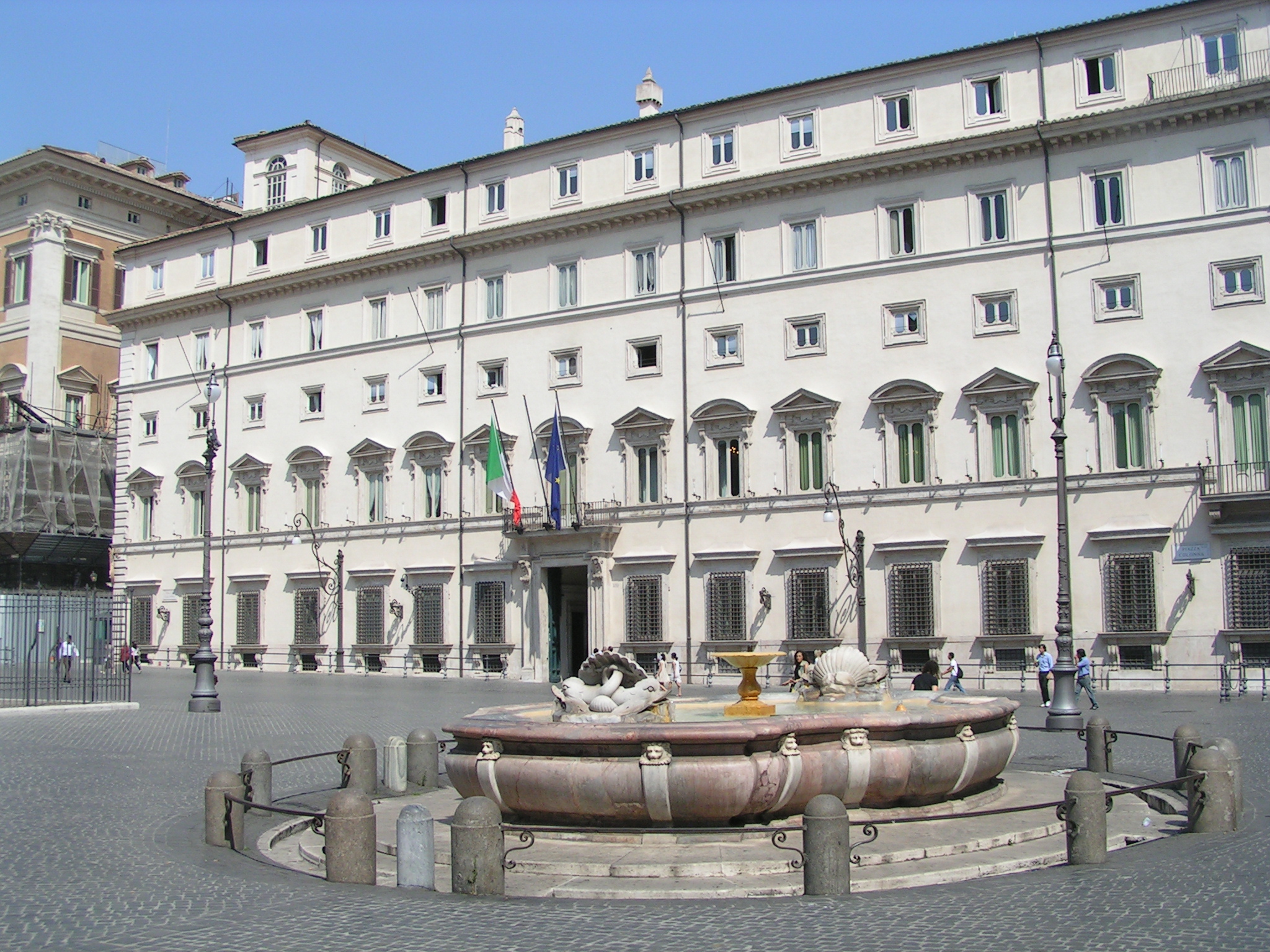I’ll tell you about the government crises on Justice

Government crisis between history and news
The government crisis just handed over to the head of state was of such an anomaly in its gestation that it is frankly difficult to find a similar one in the long history of the Republic. The one that perhaps resembles him in some way the most concerned the first five-party government of Bettino Craxi, in 1986. It matured in the conviction publicly expressed by the then secretary of the DC Ciriaco De Mita that the socialist leader was "unreliable": the same thing said this time by Conte and his supporters on Matteo Renzi for the obstinately sought break with the Prime Minister.
Craxi reacted with obstinacy, too, to De Mita's desire to remove him from Palazzo Chigi having already lasted almost three years, well beyond the habits of the DC and its men. Let alone the suffering towards a non-Christian Democrat.
The showdown between Craxi and De Mita was eventually postponed due to Giulio Andreotti's refusal to succeed the socialist leader on that occasion, as the secretary of the DC would have liked. The crisis broke out again eight months later, on 9 April 1987, however choosing De Mita as the main reason no longer or not so much the claim of Palazzo Chigi, which knew too much of power, as the relationship with the judiciary. In short, the fuse was the issue of justice against which Conte also ended up in recent days due to the annual report of the Keeper Alfonso Bonafede to Parliament. On which now, due to the crisis that has arisen, there will be no dreaded debate and even more feared votes between the House and Senate.
Prescription is now the main theme of the conflict, between the short version desired by Bonafede and in force for more than a year now, which can be counted up to the first degree of judgment, beyond which it disappears, and the compensation, at least, claimed by the guaranteed with the definition of certain times that effectively make the duration of the processes ensured in Article 111 of the Constitution "reasonable". Then the clash ended ruinously on the referendum already called for the civil liability of the judges, promoted by the radicals, supported by the socialists and opposed by the togas union and all its substantial political appendages.
Rather than having that referendum held for granted in favor of the promoters, De Mita's DC, with the help of the PCI behind the scenes, preferred to resort to early elections to postpone it, albeit to the autumn of the same year. But time was enough and advanced for parties and currents in favor of the magistrates to agree to neutralize the referendum test with a law that would then continue, in practice, to secure the robes from the risk of really responding to their errors, from their own pockets and not. of the state.
It is widely believed that who knows how many crises have broken out on the issues of justice, as appeared, for example, with the fall of the second Prodi government, and the early dissolution of the Chambers in 2008, after the resignation of the Minister of Justice Clemente Mastella in protest against the arrest of his wife, subjected to investigations that would have cost the survival of the family party. But it is Mastella himself who still denies this representation of the facts, attributing that fall of Prodi to the extreme left represented by Senator Franco Turigliatto.
In reality, the judiciary has indeed guillotined an entire Republic, the first, but never in the true sense of the word a government, if not perhaps in 1993 the first of Giuliano Amato. Which was politically delegitimized by sinking the so-called “exit from Tangentopoli” with threatened resignations in the Milan Public Prosecutor's Office, attempted with a decree law which the then President of the Republic Oscar Luigi Scalfaro denied the signature. Rather – always the judiciary – has managed to do even more and worse afterwards, conditioning the developments of political equilibrium with the weakening of protagonists, leaders and actors and the consequent strengthening of the opponents of the moment.
The same fall of the first government of Silvio Berlusconi, after just over six months from his birth, occurred in 1994 due to the weakening caused to the Prime Minister by the famous notice to appear from the Milan Public Prosecutor's Office for corruption when Umberto Bossi had already activated the device of the crisis on the subject of pensions. But even earlier – he said – Bossi himself had forced the Cavaliere di Arcore to suffer the stop imposed by the Milanese magistrates on the decree law, albeit duly signed by Scalfaro, for the restriction of the use of handcuffs in preliminary investigations.
Many years later, in 2011, the judicial storm on Berlusconi's parties would arrive but his latest government was already winding down due to another political storm: the financial one that came from the United States and hit all of Europe. Which would lead Mario Monti to Palazzo Chigi.
This is a machine translation from Italian language of a post published on Start Magazine at the URL https://www.startmag.it/mondo/crisi-di-governo-giustizia/ on Sat, 30 Jan 2021 07:00:29 +0000.
